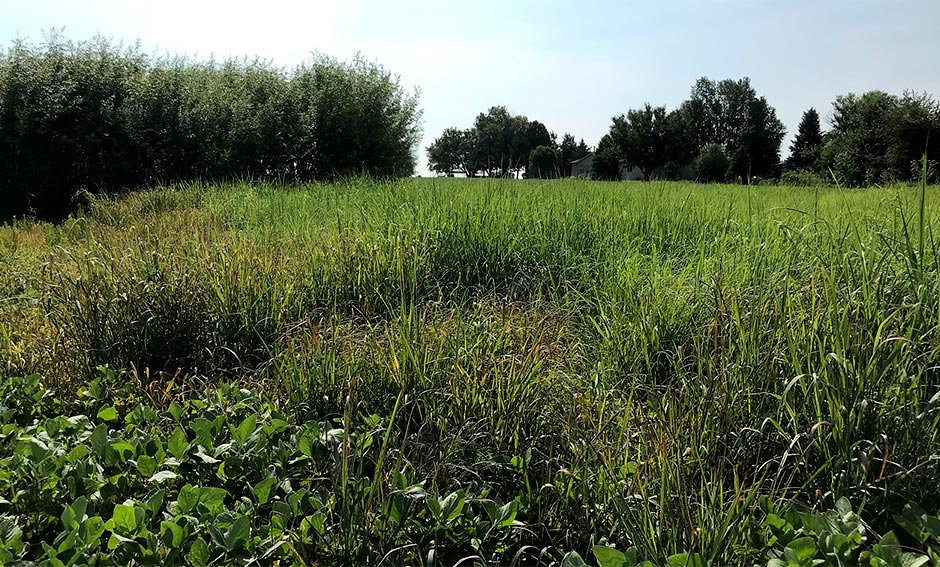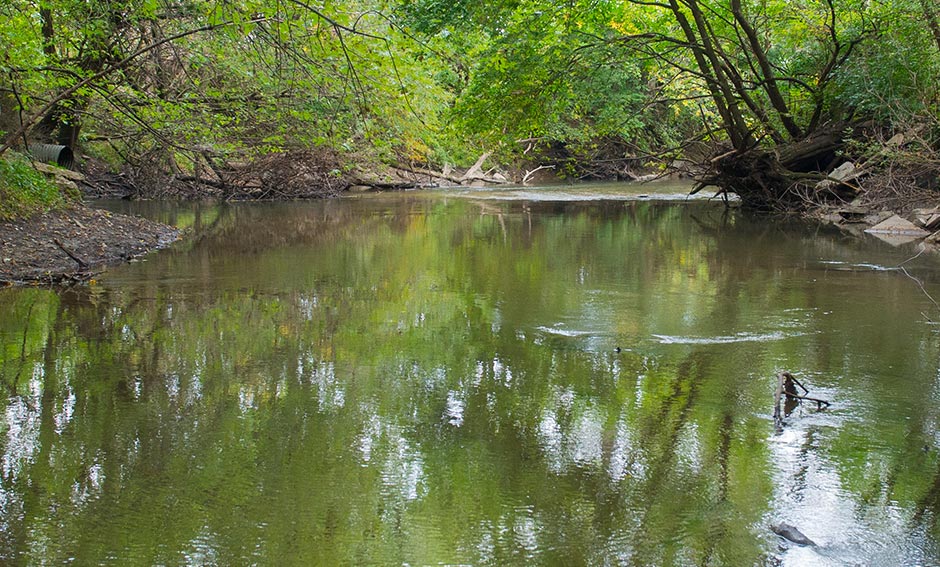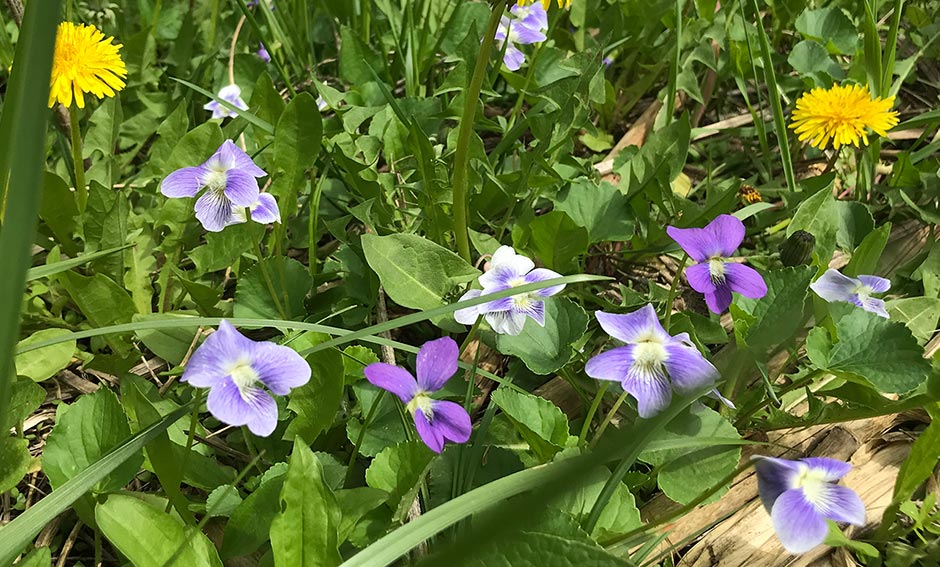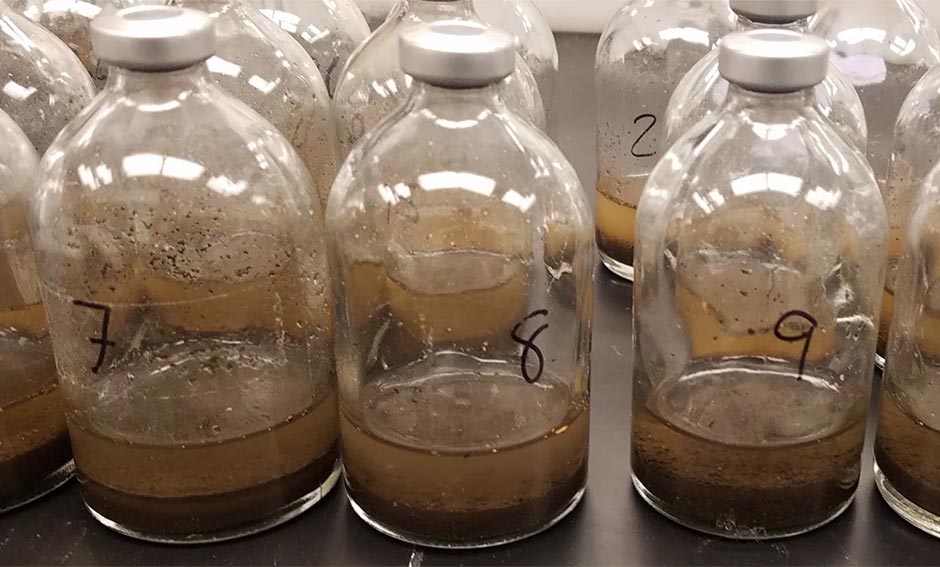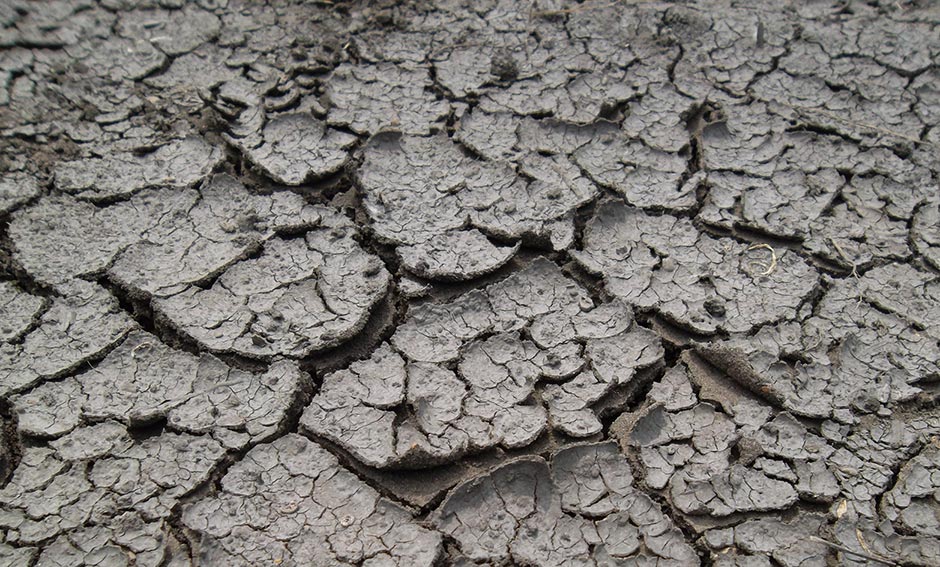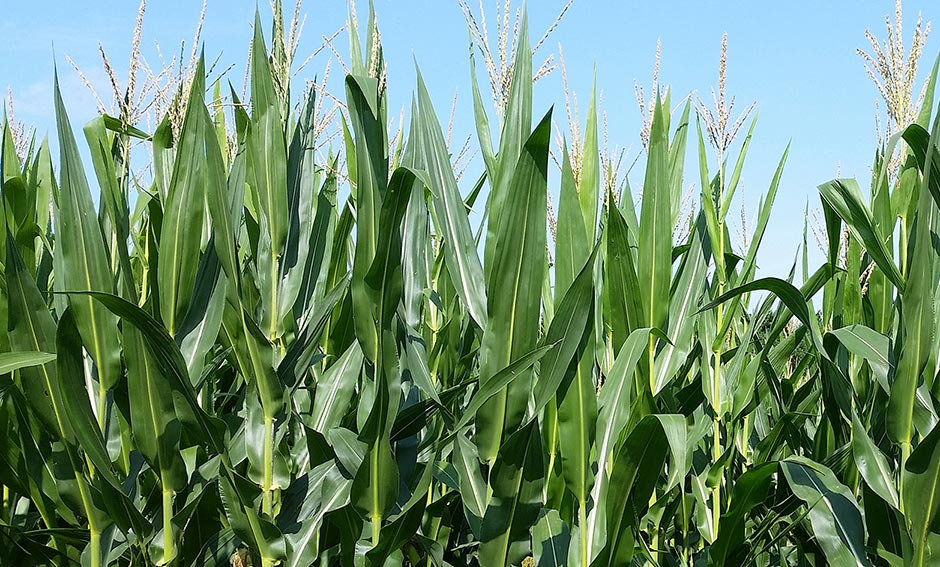Research Summary
The Environmental Science Division at Argonne National Laboratory performs research on growing perennial bioenergy crops in agricultural landscapes. Specifically, we monitor the biomass produced, the ecosystem services provided by the plants, and the economic factors associated with choosing to grow these crops. This work is performed for the U.S. Department of Energy Biotechnologies Technology Office (BETO) as a series of projects. The purpose of this website is to archive our research products that are in support of the developing bioeconomy.
Our efforts involve field and laboratory work, modeling and analysis, technology application and development, and software tool creation. We partner with a wide range of collaborators, including Idaho National Laboratory, the University of Illinois, Iowa State University, South Dakota State University, the University of Florida, the University of Nebraska, the U.S. Department of Agriculture – Agricultural Research Service, non-profits such as the American Farmland Trust, industry and landowners. Our geographic focus is the Midwest, but our projects extend to the Great Plains, South Florida, and beyond.
We concentrate on sustainability and landscape design, specifically the placement of bioenergy crops in fields or subfields that are economically and/or environmentally marginal. The goal of this strategy is to produce biomass with essentially no land use change while providing a reliable cash crop and improving various environmental quality aspects. Our studies evaluate a range of suitable bioenergy crop types and explore the anticipated benefits such as improved water quality, biodiversity, and carbon sequestration; reduced erosion and greenhouse gas emissions; and other ecosystem services realized if the baseline watershed undergoes change to an integrated row crop-bioenergy system. Economic factors associated with the changes are also estimated.
Further details on our work may be found by exploring the following categories or by contacting us at [email protected].
Bioenergy Projects and Partners

| Crop Types | Site Locations | Project Partners |
|---|---|---|
| Shrub Willow | Fairbury, IL | Local producer |
| Switchgrass | Urbana, IL & Brighton, IL | University of Illinois at Urbana-Champaign |
| Switchgrass | South Shore, SD | South Dakota State University |
| Switchgrass | Madrid, IA | Iowa State University |
| Switchgrass | Moravia, IA | Starktech |
| Switchgrass | Ithaca, NE | USDA-ARS |
| Switchgrass & Mixed Prairie | Scottsbluff & North Platte, NE & six sites in Hayes County, NE | University of Nebraska & USDA-ARS |
| Switchgrass, Miscanthus & Mixed grasses | Central Virginia | StarkTech |
| Energy Cane | Fort Pierce, FL & Belle Glade, FL | University of Florida |
